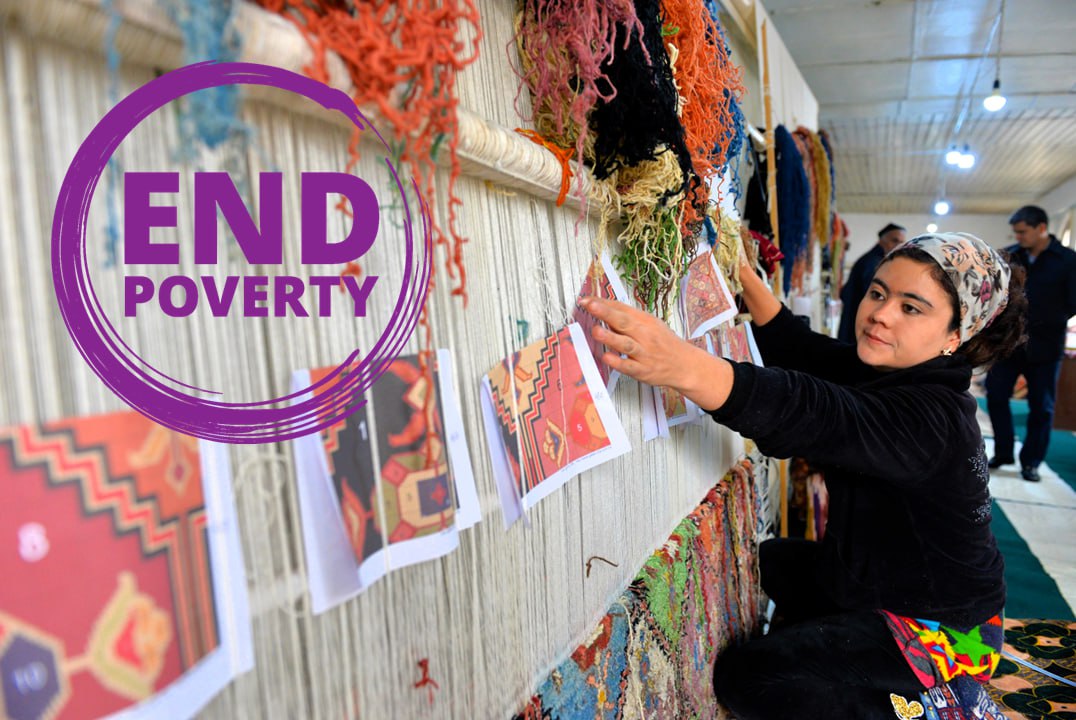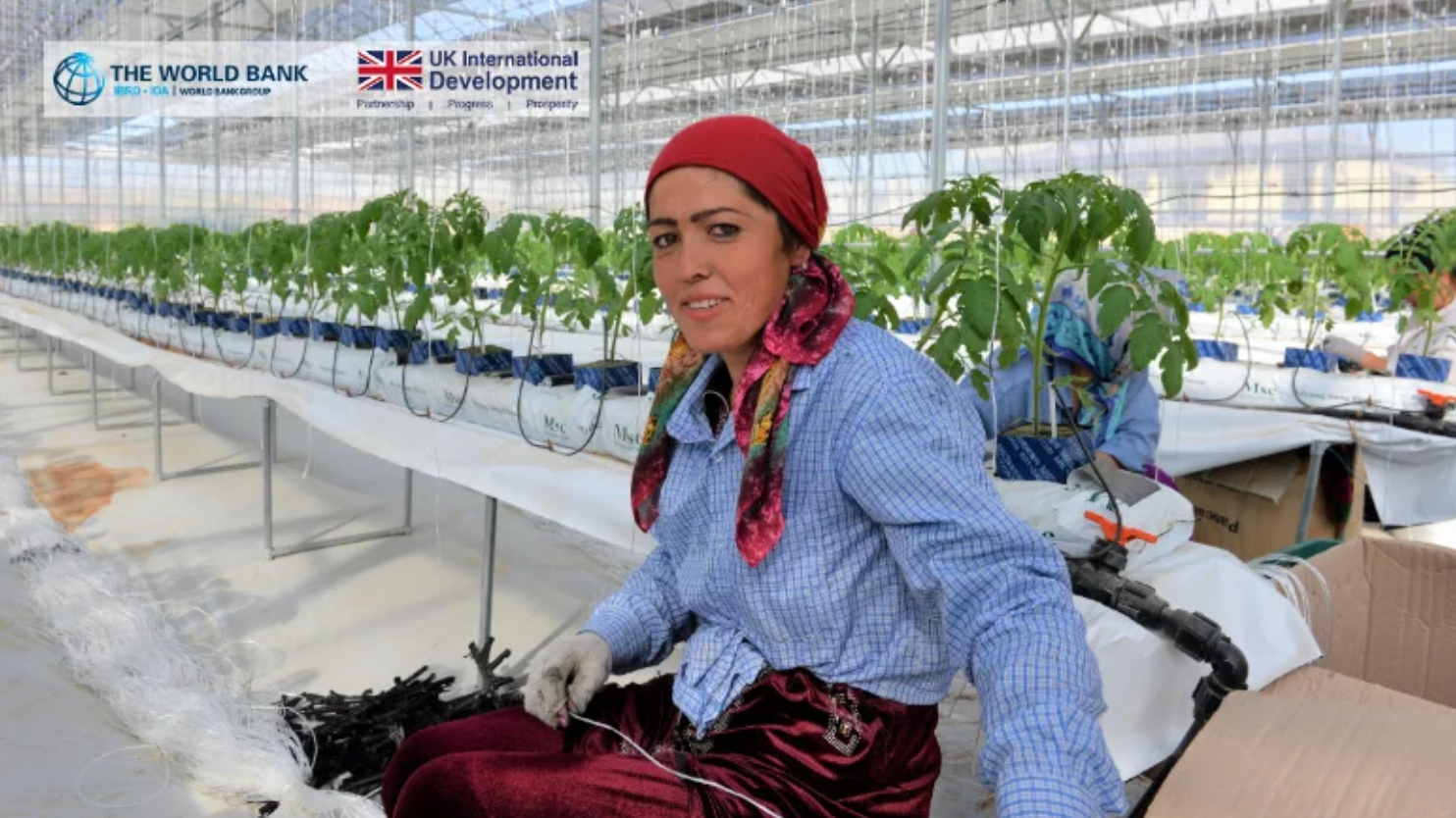The International Day for the Eradication of Poverty, commemorated annually on October 17, draws attention to the pressing issue of poverty and its disproportionate impact on women in Uzbekistan and across the globe. Despite progress in legislation and human capital development, significant gender inequality persists in the labor market.

According to recent data, the unemployment rate among young women in Uzbekistan stands at 15.5%, compared to 10% for their male counterparts. Additionally, 42% of young women are classified as neither in education, employment, nor training (NEET), compared to just 8.8% of young men. The wage gap is also alarming, with women earning 34% less than men—well above the global average of 20%.
These disparities not only harm the individuals affected but also have broader economic consequences. Research indicates that if women participated equally in the economy, Uzbekistan’s national income could increase by 29%. Furthermore, achieving equal pay could potentially lift over 700,000 people out of poverty.
The persistence of traditional social norms, which often place the primary responsibility for caregiving and household duties on women, continues to hinder progress toward gender equality and economic growth in the country.
The World Bank’s Uzbekistan Country Gender Assessment Report (CGA), funded by the UK government, offers an in-depth look at gender equality across various sectors, including education, health, and economic participation. The report evaluates social norms and cultural attitudes that influence women's rights and perceptions in Uzbekistan.

Uzbekistan has made strides in gender equality since 2017, notably through the adoption of the Labor Code in 2022, which mandates equal pay and removes job restrictions for women. The Criminal Code was amended in 2023 to introduce criminal penalties for domestic violence, representing a critical step forward. The Women, Business, and the Law Index ranked Uzbekistan among the top five improvers in gender equality in 2024.
The CGA also highlights improvements in women’s access to education and healthcare. Between 2017 and 2022, enrollment in tertiary education rose significantly, with men's enrollment increasing to 29% and women's to 27.4%. Moreover, the country has seen a decline in infant and maternal mortality rates, with infant mortality dropping from 34.6 deaths per 1,000 live births in 1990 to 9.2 in 2021.
Despite these advancements, gender disparities in the labor market remain pronounced. As of 2021, female labor force participation lagged 28 percentage points behind men—a stark contrast to the regional average of 19 percentage points for Europe and Central Asia (excluding high-income countries).
To fully realize Uzbekistan's economic potential, it is imperative to address these inequalities. Key challenges include the entrenched social norms limiting women’s economic participation, disparities in access to tertiary education, particularly in STEM fields, inadequate healthcare and family planning options, insufficient protections against gender-based violence, and underrepresentation of women in leadership roles.
The CGA acknowledges that while challenges persist, Uzbekistan is building on a solid foundation of progress, paving the way for a more equitable future. Empowering women is not only a moral imperative but also a necessary step toward eradicating poverty and improving the well-being of families throughout the nation.
Follow Daryo's official Instagram and Twitter pages to keep current on world news.
Comments (0)